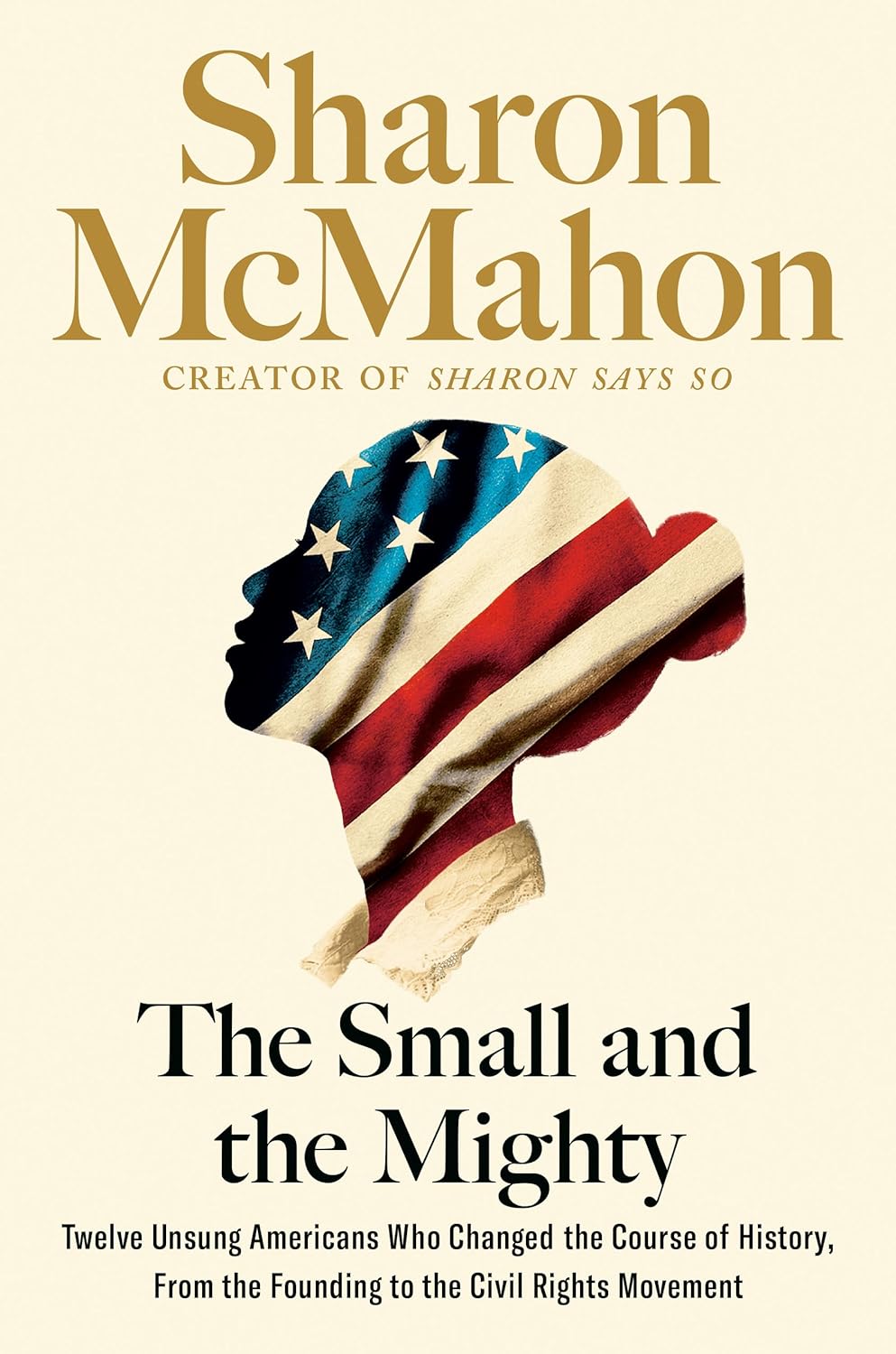Chapter 11: Rebecca Brown Mitchell _Idaho, 1856
byChapter 11 shines a spotlight on the remarkable life of Rebecca Brown Mitchell, a woman who defied the gender restrictions of 19th-century America, particularly in the rural areas of Idaho. Her life and contributions are crucial in understanding the fight for women’s rights, especially in the realm of education and suffrage. The narrative demonstrates how her dedication to these causes set her apart as a pioneering figure in both education and social justice. Born into a time when women were often silenced and denied basic rights, Rebecca Mitchell fought tirelessly for the women who came after her, contributing significantly to the suffrage movement long before the famous names of Inez Milholland and Maria de Lopez rose to prominence. As a young widow with two sons, she found herself navigating the harsh realities of coverture laws, which stripped her of her property and even her children’s custody after her husband’s death. These laws reflected a larger system that made women subordinate to men, but Rebecca’s resilience and determination proved to be the antithesis of this oppressive structure.
Rebecca’s early life was filled with hardships that shaped her into a determined advocate for women’s rights. After losing her daughter and enduring a second, difficult marriage, she sought to better her life through education. Despite the societal norms that generally limited opportunities for women, she was able to enroll in a missionary training program, where she would find the strength to continue her journey. In 1882, at the age of 48, she moved to Eagle Rock, Idaho, with her daughter, Bessie, in search of new opportunities. There, she began the difficult task of setting up a school in a rudimentary shed, teaching the local children while navigating the challenges of an underdeveloped community. Her commitment to education not only demonstrated her dedication to improving the future of her community but also laid the groundwork for her future influence in the suffrage movement. Through her efforts, she established herself as an essential figure in Idaho’s educational landscape, all while overcoming the hardships of being a woman and a widow in an era where such roles were often undervalued.
In addition to her work in education, Rebecca Mitchell’s involvement in the suffrage movement marked a defining moment in her life. She aligned herself with the Women’s Christian Temperance Union (WCTU), an organization committed to advocating for women’s rights and social reforms. Her voice became an important part of the collective movement, particularly in Idaho, where she campaigned for critical legislative reforms, such as raising the age of consent and securing women’s right to vote. Through tireless public speaking, Rebecca was able to rally women to join the cause, showing them the importance of equality in achieving justice. Her advocacy was instrumental in securing women the right to vote in Idaho in 1896, a monumental achievement in the fight for suffrage. Her passion for both education and political rights for women allowed her to inspire others to see the importance of these movements in shaping a more just society. Rebecca’s efforts were not just part of a larger social movement; they embodied the personal struggle and strength of countless women determined to change their circumstances.
Rebecca’s legacy, however, did not end with the achievement of women’s suffrage in Idaho. In fact, she became the first female chaplain of a legislative body, breaking yet another barrier for women in both religious and political domains. She continued her philanthropic efforts, focusing on community initiatives such as founding libraries and churches that promoted education and social well-being. Rebecca’s influence was not confined to one area of society; her efforts reached into various spheres, continually striving to improve the lives of those around her. Her life was a model of selflessness and determination, proving that one woman’s dedication to education and justice could change the future for so many. Through her work, Rebecca Brown Mitchell ensured that her legacy would be felt long after her death, influencing future generations of women and inspiring the ongoing fight for gender equality. Her relentless pursuit of empowerment for women, through education, voting rights, and social reforms, paved the way for future generations to continue the work she began, marking her as a key figure in the history of American social change.

